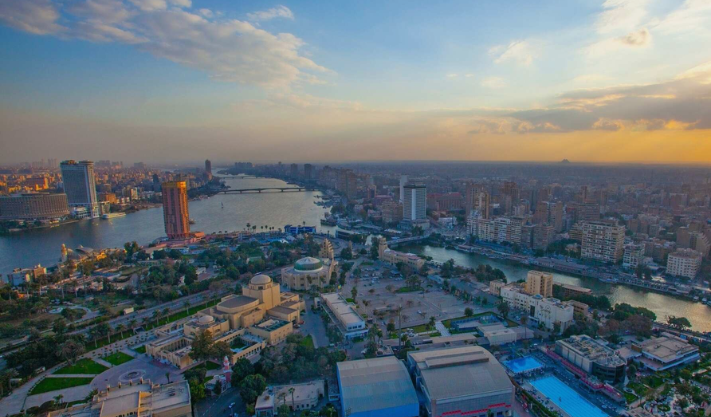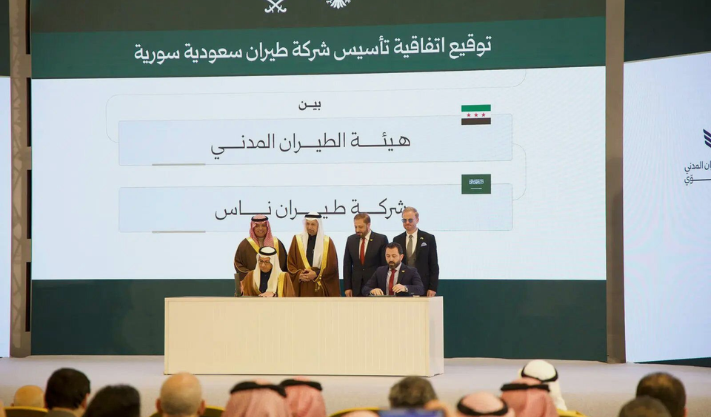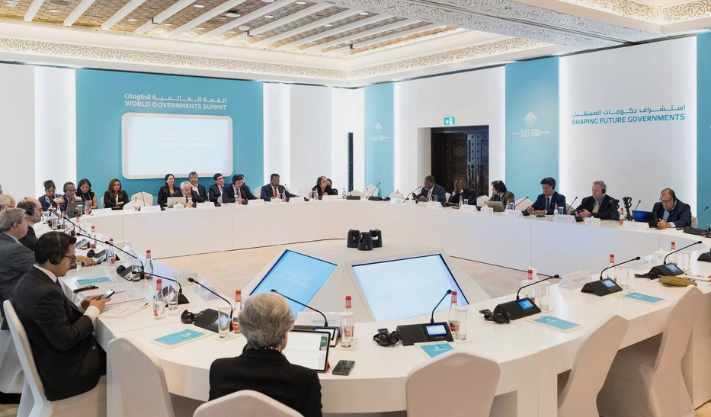Egypt’s Investment Minister Meets IMF Delegation on Economic Reforms
Egypt’s Investment and Foreign Trade Minister, Hassan El-Khatib, met with a delegation from the International Monetary Fund (IMF) on Monday to review the government’s progress in improving the business climate and carrying out economic reforms.
Talks with the IMF
The IMF team included Alex Segura-Ubiergo, the IMF’s senior representative in Egypt, and Mouchera Karara, a senior economist, according to Egypt’s State Information Service (SIS).
The talks covered Egypt’s financial, trade, and institutional reforms, along with updates on the country’s sovereign wealth fund.
El-Khatib said Egypt’s reform plan is based on clear policies to support growth. He highlighted monetary and fiscal reforms, greater private sector participation, and stronger trade competitiveness. He stressed that trade and investment go hand in hand, helping cut the trade deficit and strengthen Egypt’s role as a regional export hub.
The minister also mentioned Egypt’s first national trade policy, designed to expand exports, join global supply chains, and open new markets.
He pointed to the country’s digital transformation as key to simplifying investment procedures. This includes a unified licensing platform covering 389 permits from 41 agencies and a digital portal for economic entities.
On fiscal reforms, El-Khatib said the government is introducing tax and non-tax measures to ease pressure on investors and improve transparency through digital links between state institutions.
The IMF delegation welcomed these steps, noting they help restore investor confidence and improve the business environment, especially through digitalization and stronger trade-investment ties.
IMF’s Review of Egypt
In its July review, the IMF reported mixed results on Egypt’s $8 billion loan program. The main challenge, it said, is the continued dominance of state and military-owned companies. While Egypt has maintained economic stability despite regional tensions and lower Suez Canal revenues, structural reforms have been uneven.
The IMF warned that Egypt’s reliance on state-led growth and large projects limits private sector development and job creation. These state firms often receive tax breaks, cheap labor, and land but remain non-transparent. This model, the IMF said, makes Egypt vulnerable to financial, political, and climate-related risks.
Loan Update
In its fourth review of Egypt’s extended fund facility in July, the IMF approved $1.2 billion in funding, bringing the total under the program to $3.2 billion. The IMF also approved Egypt’s request for a $1.3 billion loan under its resilience and sustainability facility and completed its 2025 Article IV consultation.
Debt Outlook
The IMF projects Egypt’s external debt will grow from $162.7 billion in 2024–2025 to $202 billion by 2029–2030.
Published: 1st October 2025
For more article like this please follow our social media Twitter, Linkedin & Instagram
Also Read:
Middle East Revenues Up 6.3%, $54.7B Stuck in Firms: PwC
UAE President Meets OpenAI CEO Sam Altman to Talk About AI
Abu Dhabi Sells $3B Bond After Strong Investor Demand





